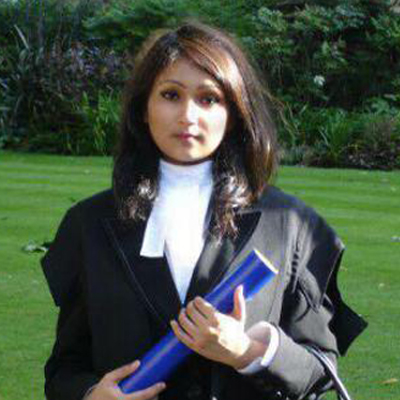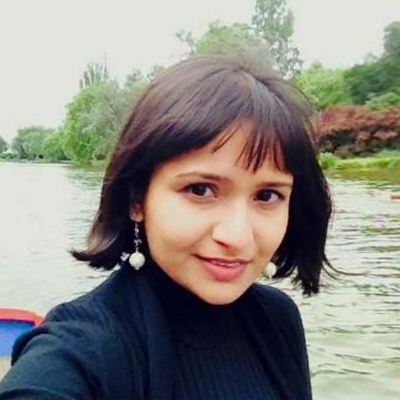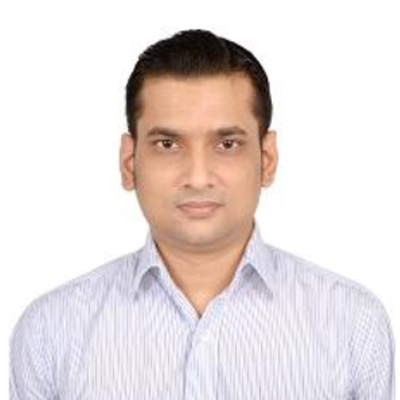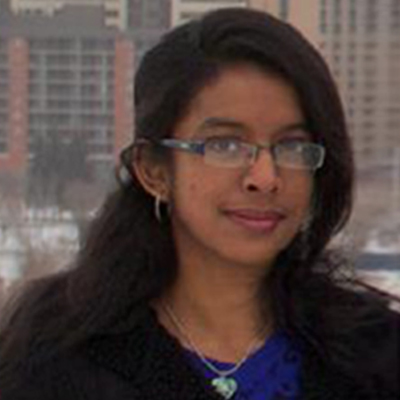Alumni
Farah Kabir
Farah Kabir started her career in the field of development and research; at present she is the Country Director of ActionAid Bangladesh. She has research experience and a number of publications, especially on women in politics, to her credit.
Farah started her career with the Bangladesh Institute of International and Strategic Studies (BIISS) in 1990 as research assistant and worked as the Editor for Asia Pacific Women in Politics (APWIP) Newsletter and managed the APWIP Secretariat for two years under Centre for Analysis and Choice (CAC), a private think tank of senior professionals that work to strengthen parliamentary democracy and to improve the status of women in Bangladesh. She worked with the British Council for close to ten years both in Bangladesh as Assistant Director and in the United Kingdom (UK) as a member of the Governance Team in the post of Consultant Participative Democracy.
Farah has been an activist on women's rights, gender equity and children's rights for a long time. She has been involved in developing training manuals and facilitating trainings on gender and women rights, especially women in politics. She was actively involved with the following organizations:
1995 : member of Beijing plus five national review committee of Bangladesh with
special responsibility for women in politics subcommittee
2003-2007 : Trustees of the Zero Tolerance Board in Scotland
2006-2007 : Member of the Governance Board of Napier University, Edinburgh, Scotland
She has been associated with the media since university life as a newscaster on both ational television and radio. In her teens she was involved with amateur theatre and also worked as a radio jockey.
"I drew my inspiration from my mother Kamela Khan Majlis & then many people in my life", says Farah. As sources of inspiration, she names Begum Rokeya Sakhawat Hussain, Begum Sufia Kamal, Educationist Mrs. Yasmeen Murshed, Nelson Mandela, Che Guavera, Leila Khaled and grassroots leaders like Saleha Begum and unsung heroines that she meets everyday in her work.
Farah is married with two sons. Her eldest just completed his masters degree in Political Philosophy and is an activist too. Her youngest is studying in Media and Communications for his first degree. For the parents and students of Scholastica, Farah advises, "As I am a parent myself, I learnt the most important thing is to trust the children, give them space and be honest with them throughout their lives. We must respect them as individual, young persons with a mind and opinions of their own. It is important to appreciate that our children can be different and may have dreams of their own and aspirations which are different from that of their parents. It is critical therefore to try and understand their aspirations and passions. Where it is not easy for a parent to accept, they should make an effort to explain to the child why the parent is pushing him/her to achieve what the parent thinks is best for the child."



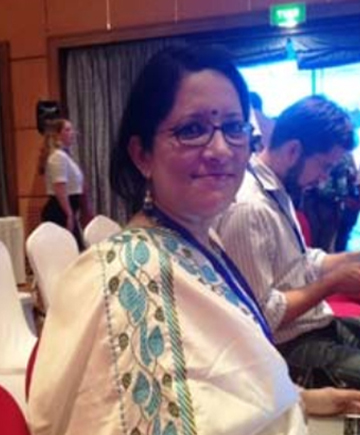
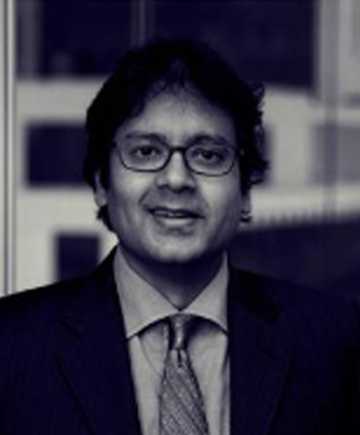
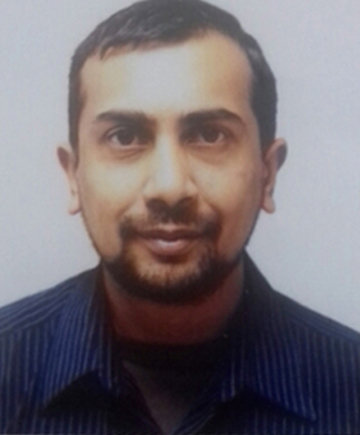
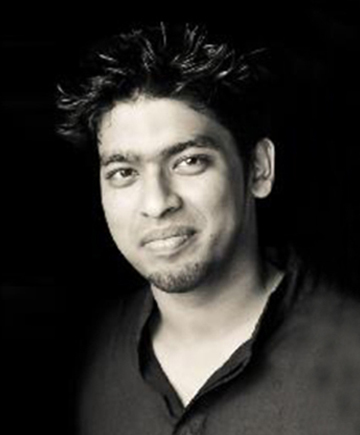
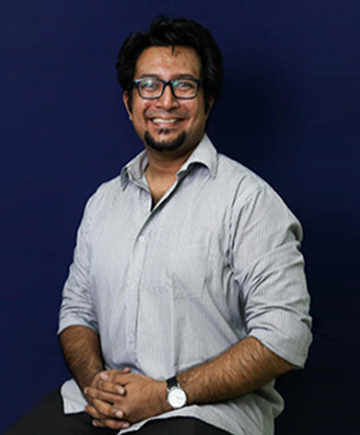
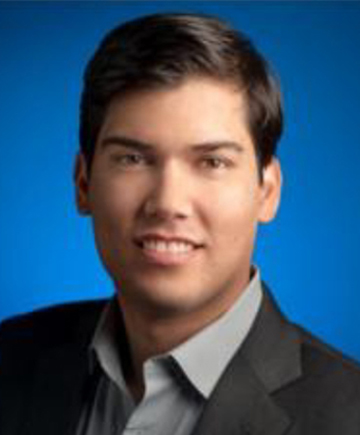
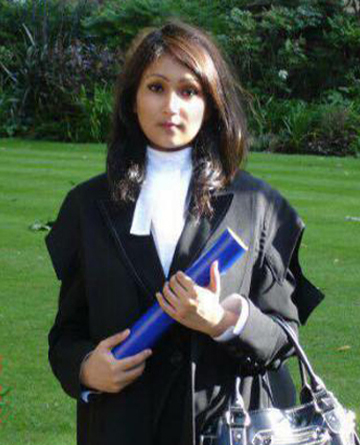
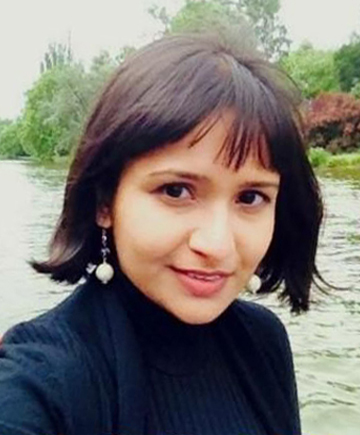
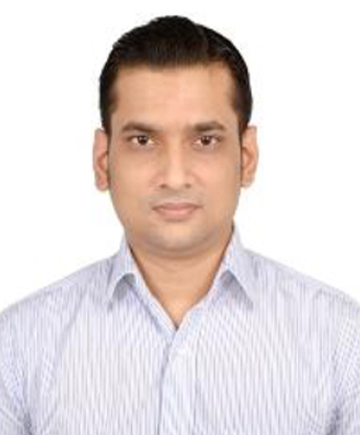
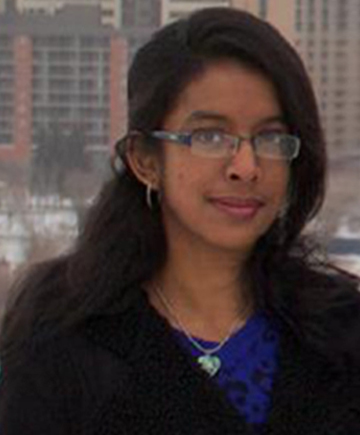
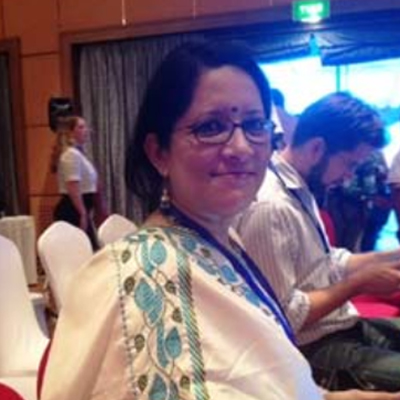
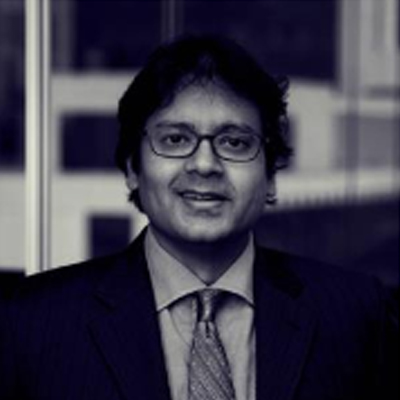
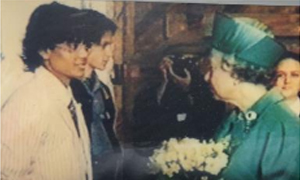 With a short break of two years in between, Lutfey Siddiqi was in Scholastica from 1986 till 1992 after which he went to UWC Atlantic College as a Prince of Wales Scholar and obtained his International Baccalaureate diploma.
With a short break of two years in between, Lutfey Siddiqi was in Scholastica from 1986 till 1992 after which he went to UWC Atlantic College as a Prince of Wales Scholar and obtained his International Baccalaureate diploma.
 as the Managing Director and member of the executive committee for the bonds and currencies business at UBS investment bank, Lutfey has global responsibility for emerging markets. He is also a member of the Group Sustainability Council and the Investment Bank Innovation Board. In addition, he is a designated 'opinion leader' with an extensive presence in international media - he appears regularly on CNBC, Fox Business, Channel News Asia and others! (Lutfey is due to leave UBS in May 2016).
as the Managing Director and member of the executive committee for the bonds and currencies business at UBS investment bank, Lutfey has global responsibility for emerging markets. He is also a member of the Group Sustainability Council and the Investment Bank Innovation Board. In addition, he is a designated 'opinion leader' with an extensive presence in international media - he appears regularly on CNBC, Fox Business, Channel News Asia and others! (Lutfey is due to leave UBS in May 2016).
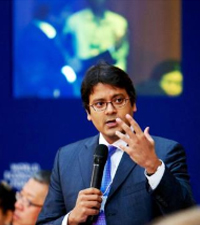
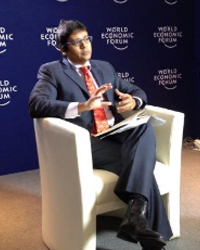 Lutfey's message to current students is to cultivate the habit of professionalism in their day-to-day lives - "It requires conscious practice. We now live in a world of disruption and connectivity that's often characterized as the fourth industrial revolution. In this context, our ability to learn, unlearn and re-learn is more important than what we have learnt. Stay open to learning new things on a continuous basis. Most importantly, develop the capacity to work collaboratively. Our effectiveness will increasingly depend on our ability to work with others across hierarchy and other cosmetic divides - without the hangups of title or status sometimes seen in previous generations. If there's anything I can help with, join me on LinkedIn and give me a shout".
Lutfey's message to current students is to cultivate the habit of professionalism in their day-to-day lives - "It requires conscious practice. We now live in a world of disruption and connectivity that's often characterized as the fourth industrial revolution. In this context, our ability to learn, unlearn and re-learn is more important than what we have learnt. Stay open to learning new things on a continuous basis. Most importantly, develop the capacity to work collaboratively. Our effectiveness will increasingly depend on our ability to work with others across hierarchy and other cosmetic divides - without the hangups of title or status sometimes seen in previous generations. If there's anything I can help with, join me on LinkedIn and give me a shout".
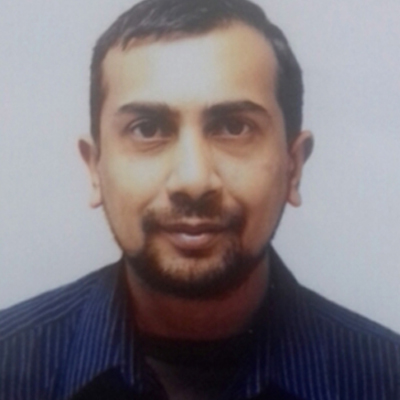
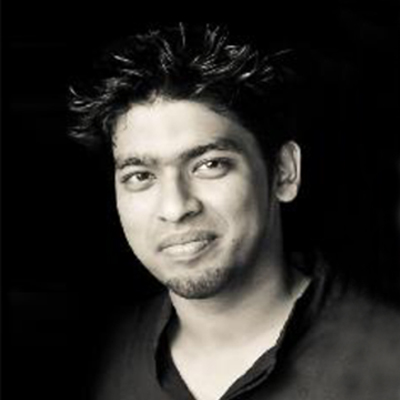
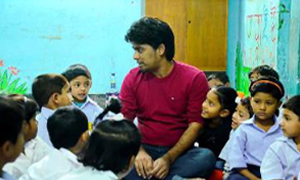 Korvi's dream was to break the cycle of poverty through quality education for the underprivileged. Together with university friends who shared the same vision, Korvi started JAAGO Foundation in a small room with only 17 children and a white board in November 2007. At present around 1800 students are getting educated every year along with necessary support for their proper upbringing in 14 schools across Bangladesh.
Korvi's dream was to break the cycle of poverty through quality education for the underprivileged. Together with university friends who shared the same vision, Korvi started JAAGO Foundation in a small room with only 17 children and a white board in November 2007. At present around 1800 students are getting educated every year along with necessary support for their proper upbringing in 14 schools across Bangladesh.
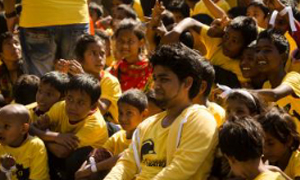 JAAGO Foundation runs free-of-cost schools exclusively for underprivileged children and operates a number of supporting development projects to ensure their physical and emotional well-being. To bridge the urban-rural education quality gap, JAAGO foundation introduced the first ever online school in Bangladesh by connecting skilled teachers and resources with disadvantaged students living in remote areas using video conferencing technology.
JAAGO Foundation runs free-of-cost schools exclusively for underprivileged children and operates a number of supporting development projects to ensure their physical and emotional well-being. To bridge the urban-rural education quality gap, JAAGO foundation introduced the first ever online school in Bangladesh by connecting skilled teachers and resources with disadvantaged students living in remote areas using video conferencing technology.
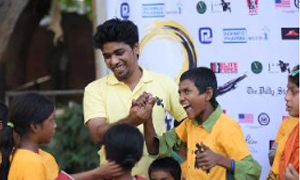 Korvi believes in unity and the power of "we". His passion is to work with people from different backgrounds as he strongly believes everyone is unique and has the potential to contribute to a better world.
Korvi believes in unity and the power of "we". His passion is to work with people from different backgrounds as he strongly believes everyone is unique and has the potential to contribute to a better world.
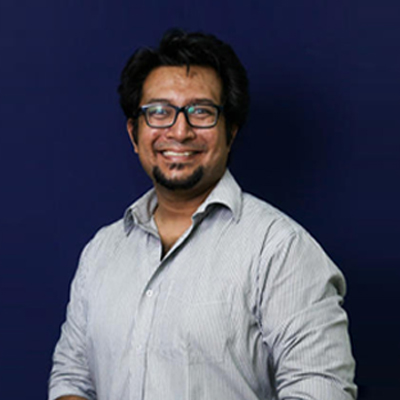
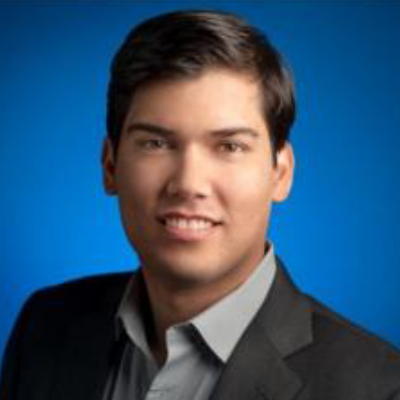
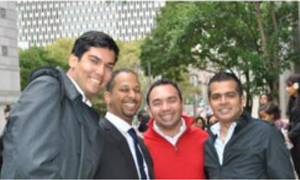 Bickey completed his A Levels from Scholastica in 2001 and went on to do a BA in Geography and Development Studies at King's College London. In his words: "Though Geography was an uncommon choice for a degree at the time I graduated, I was always fascinated by how the human and physical worlds relate to one another. I loved Geography when I studied it for my O level exams. I have to thank Mrs. Sharifa Sultana, who taught us Geography at Scholastica, for inspiring me to pursue it at university."
Bickey completed his A Levels from Scholastica in 2001 and went on to do a BA in Geography and Development Studies at King's College London. In his words: "Though Geography was an uncommon choice for a degree at the time I graduated, I was always fascinated by how the human and physical worlds relate to one another. I loved Geography when I studied it for my O level exams. I have to thank Mrs. Sharifa Sultana, who taught us Geography at Scholastica, for inspiring me to pursue it at university."
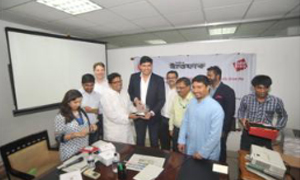 At the Roundtable session with ICT
At the Roundtable session with ICT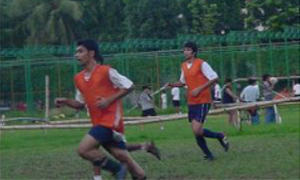 Playing football in Old DOHS while
Playing football in Old DOHS while